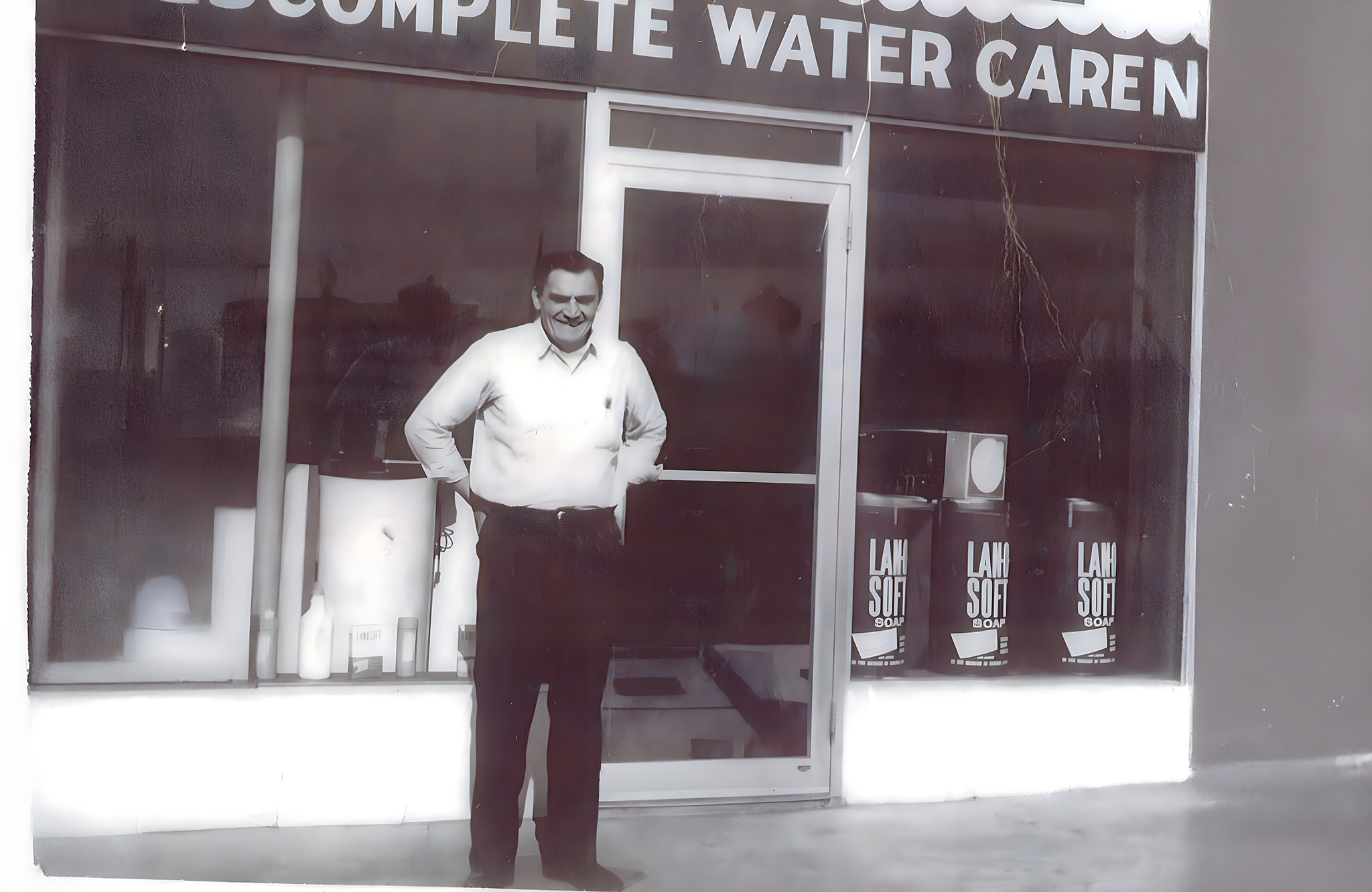
Remembering Wif Finken: A Legacy of Service and Community
January 26, 2026

At Finken, we take pride in offering energy- and cost-saving equipment to local homeowners. While geothermal HVAC systems have been around for decades and are amazingly efficient at heating and...
February 1, 2017
At Finken, we take pride in offering energy- and cost-saving equipment to local homeowners. While geothermal HVAC systems have been around for decades and are amazingly efficient at heating and cooling a home, not many people know of or utilize them.So let’s take a look at how a geothermal system works, and some concerns you may have about it. Let us know if you have any follow up questions!A geothermal HVAC system is made up of a few pieces: Blower fan Compressor Pump Underground and indoor piping.You can already see the equipment is a bit less involved than a traditional HVAC system.The underground piping is usually made out of polyethylene, the same plastic your water bottle is made out of. These pipes are buried in the ground either horizontally (across your yard) or vertically (straight down, similar to a well). The choice depends on how much land you have available and in what orientation. The pipes usually carry water, though some systems do useHeatingIn the winter, water circulates through the underground piping, absorbing stored solar heat from the ground and carrying it indoors. The heat is transferred from the water piping to a separate copper piping which contains a refrigerant, which transfers the heat to a compressor, where the heat is boosted and sent through ventilation by the fan.CoolingHere, the process works in reverse. The system absorbs heat from inside your home and transfers it outside, underground where it can be transferred to the cooler ground.Slinky Loop by Mark JohnsonUnlike an ordinary HVAC system, geothermal HVAC doesn’t burn any fossil fuels; instead, it uses electricity. Without combustion, the chance of explosion is reduced to nothing, and without fumes from the burning of fuel, the risk of carbon monoxide poisoning from your HVAC system dissipates.As noted, a geothermal HVAC system uses electricity to operate and not fossil fuels. You may think electricity might be more expensive than fuel, but geothermal is typically 300-400% efficient, meaning you could save up to 60% on your costs to heat and cool your home.Geothermal systems also have a longer life cycle, lasting 20-24 years when properly maintained. The indoor portion – fan, compressor, pump – typically last 10-12 years, but are much less expensive than purchasing an entire furnace or boiler.Because they are so efficient, there are some rebates and grants for purchasing geothermal systems. If you’re an Xcel Energy customer, you can get a cash rebate of $150 per ton your system will be rated to use (5 ton limit) on a qualifying system. We can help you find the right system for your home which will still qualify for rebates.

Resources
